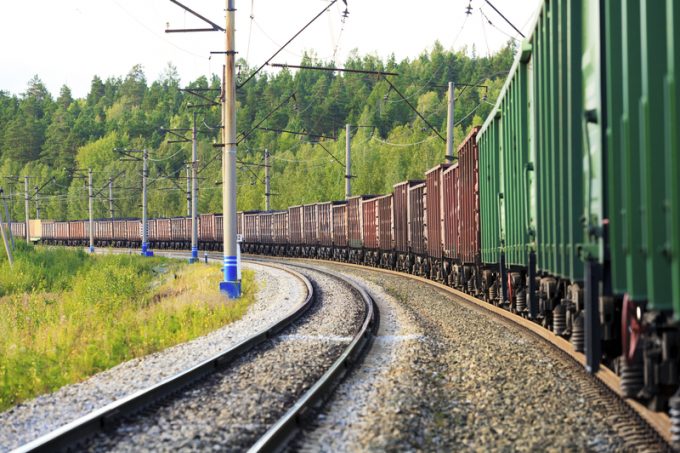Temporary tariff relief brings on early transpacific peak season
The container peak season on the transpacific trade could start as early as today – ...

MSC has launched a sea-rail Asia-Europe service via Russia, while 2M partner Maersk has again upgraded its services along the route.
Connections from Shanghai, Ningbo, Qingdao, Yokohama, and Busan feed into the Russian ports of Vladivostok and Vostochny, MSC said yesterday, before beginning the 13-day transit along the trans-Siberian railway to St Petersburg.
“From St Petersburg, cargo can be shipped directly to sEuropean hubs such as Antwerp, Bremerhaven, Rotterdam and Le Havre through our European feeder network, offering an extensive coverage of ...
Asia-USEC shippers to lose 42% capacity in a surge of blanked sailings
USTR fees will lead to 'complete destabilisation' of container shipping alliances
Outlook for container shipping 'more uncertain now than at the onset of Covid'
New USTR port fees threaten shipping and global supply chains, says Cosco
Transpac container service closures mount
DHL Express suspends non-de minimis B2C parcels to US consumers
Zim ordered to pay Samsung $3.7m for 'wrongful' D&D charges
Flexport lawsuit an 'undifferentiated mass of gibberish', claims Freightmate
Uncertainty over US tariffs sparks interest in bonded warehouses for imports
Cancelled voyages take the sting out of spot rate declines this week
Shippers warned: don't under-value US exports to avoid tariffs – 'CBP will catch you'
Blanked sailings in response to falling demand 'just a stop-gap solution'

Comment on this article